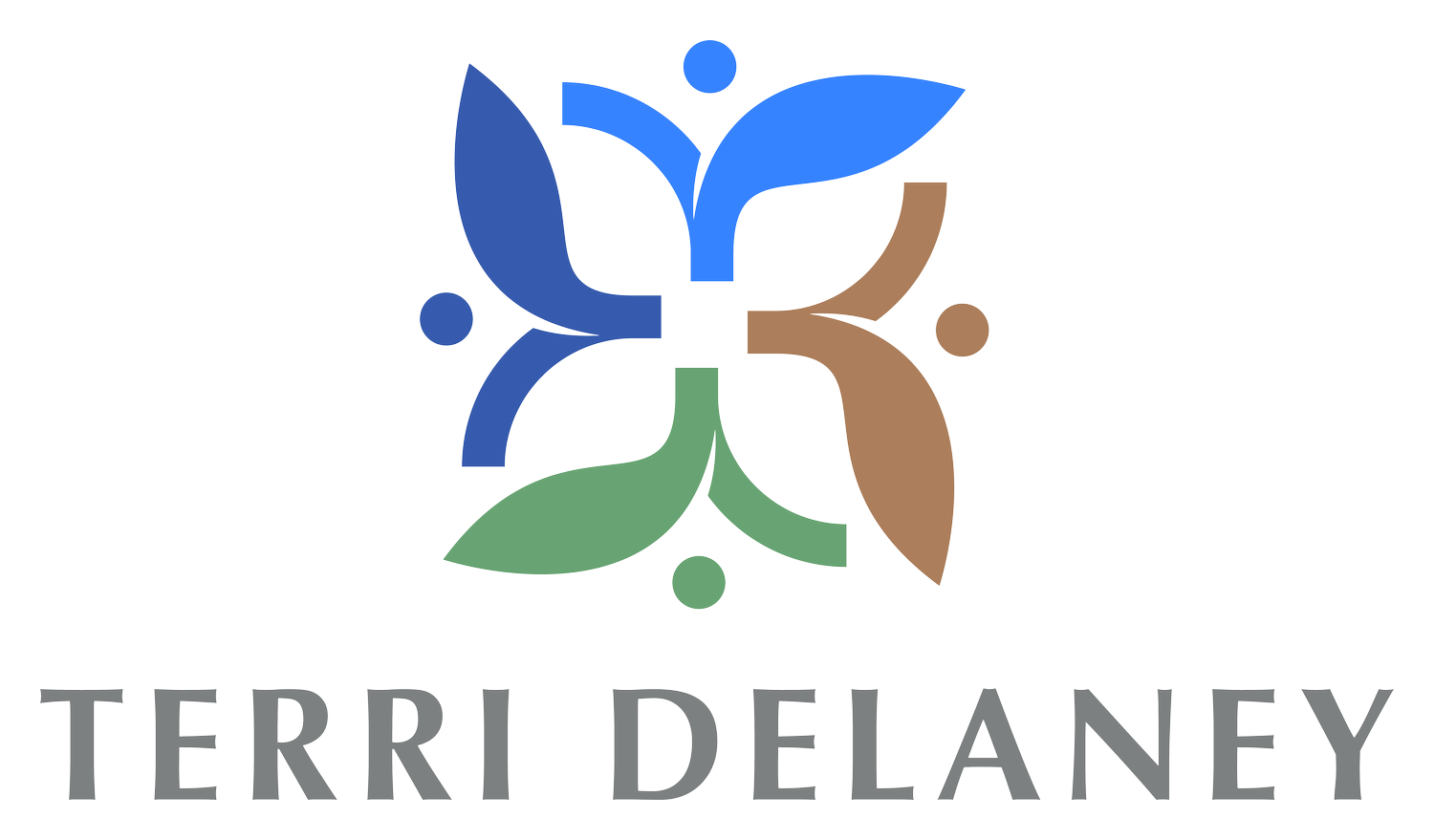Self-care Includes Interdependence
Interdependence is part of self-care
Interdependence is healthy self-care in relation to others. In a healthy adult relationship, your primary responsibility is to yourself, and you provide “back-up” to the other person. Similarly, the other person is “back-up” for you, although the other person is primarily responsible for themselves. It involves both self-care and being willing to ask for and offer help when needed, while also taking care to not encourage dependence.
Interdependence guidelines
1) Take full responsibility for your OWN self-care.
2) Be willing to ASK for help when you truly need it.
3) Be willing to accept a “no” response even when your request was reasonable.
4) Be willing to give help to others when they ask for help. Have a helpful spirit.
5) Be willing to say “no” even to reasonable requests when it is a matter of self-care.
6) Do not enable others to become dependent on you for things they can do or are able to learn to do themselves.
Ask for help when you need it
In an adult interdependent relationship, you both will be willing to ask for help when needed, offer it when you can, and you both will be able to say no and accept no. And if you are being mature, you will celebrate your partner’s no as evidence of their self-care and it will mean their “yes” will really mean yes. This is simple to say, but can be challenging to do!
Strive for balance
Healthy balance is key! If one person gives/ stretches too much, the relationship will be out of balance. If one person gives/ stretches too little, the relationship will be out of balance. If both people give/stretch too much, resentments and/or enmeshment will set in. If both people give/stretch too little, the relationship will feel empty, dead, or procedural.
Being willing to say no
Asking and saying no are important components of interdependence. When someone is unwilling to make requests or is unaware of their reality, that can be very heavy lifting for others. When someone is always helping or trying to be helpful, that also is very heavy lifting for others. It can be hard to relax and trust that the person is doing adequate self-care when they never say no.
Making the shift
Often, when relationship partners make progress on these issues and move towards balance and moderation, it is a little lonely, and may initially feel uncomfortable for both. Keep working with the five core issues and continue to “grow” your functional adult. It is difficult to be functional when you are in a regressed/ reactive state. The more we practice interdependence along with healthy self-care, the more natural and comfortable it will be to ask, say yes, say no, as well as give and receive.

